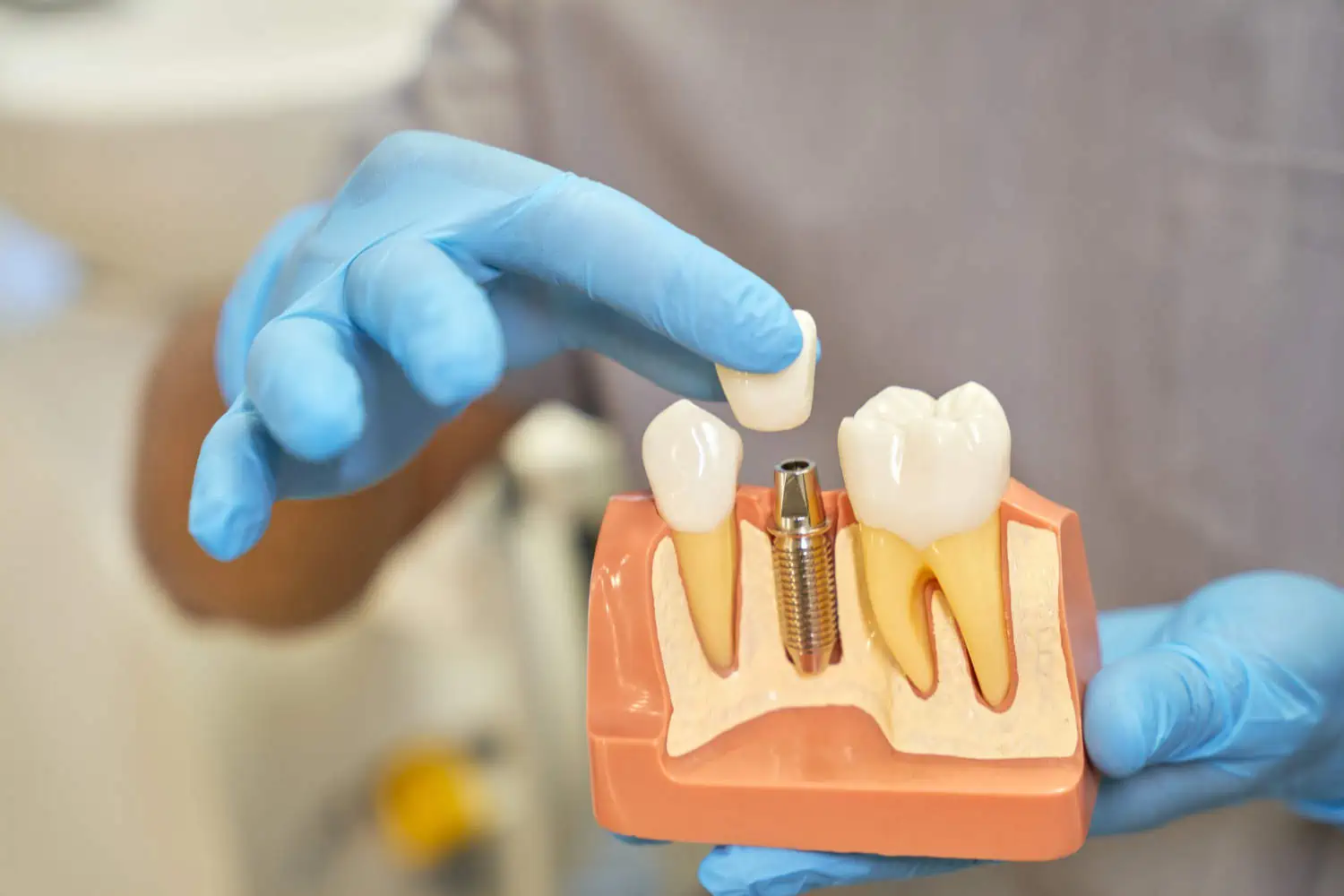Dental implants have become the preferred choice for tooth replacement, offering durability and a natural appearance. However, a strong foundation is essential for implant success, which is where bone grafting plays a critical role. For those considering Dental implants in Dubai, understanding bone grafting can clarify why this procedure is often necessary to ensure the longevity and stability of implants. Bone grafting helps rebuild lost or insufficient jawbone, providing a secure base for implant placement.
Why Bone Density Matters for Dental Implants:
The success of dental implants largely depends on the quantity and quality of jawbone available. Implants are surgically placed into the bone, where they fuse through osseointegration. Without adequate bone mass, implants may fail to integrate properly or become unstable over time. Bone loss can result from tooth extraction, gum disease, trauma, or prolonged denture use, making bone grafting a vital preparatory step for many patients.
What Is Bone Grafting?:
Bone grafting is a surgical procedure that replaces or augments lost bone using bone material from the patient (autograft), a donor (allograft), synthetic substitutes, or animal sources (xenograft). The graft stimulates new bone growth and provides structural support, allowing the jaw to regain the density needed for successful implant anchorage.
Types of Bone Grafts Used in Dental Implant Procedures:
Different types of bone grafts are selected based on the extent of bone loss and patient needs:
- Autografts: Bone harvested from another site in the patient’s body, offering the best compatibility and healing potential.
- Allografts: Donor bone sourced from a tissue bank, commonly used due to availability and safety.
- Xenografts: Bone derived from animal sources, typically bovine, treated for safe human use.
- Alloplasts: Synthetic bone substitutes made from biocompatible materials that encourage bone growth.
When Is Bone Grafting Necessary?:
Bone grafting becomes necessary when the jawbone is too thin or weak to support dental implants securely. This can happen due to:
- Long-term tooth loss leading to bone resorption
- Periodontal (gum) disease causing bone deterioration
- Trauma or injury to the jaw
- Developmental defects affecting bone volume
Dentists in Dubai use advanced imaging like 3D scans to assess bone levels accurately and determine if grafting is required before implant placement.
The Bone Grafting Procedure:
Bone grafting is typically performed under local anesthesia or sedation for patient comfort. The dentist or oral surgeon exposes the deficient area and places the bone graft material. Over time, the graft integrates with existing bone, creating a solid foundation. Healing usually takes several months before implants can be safely inserted.
Benefits of Bone Grafting for Dental Implants:
- Provides adequate bone volume for stable implant placement
- Enhances the aesthetic outcome by preserving facial structure
- Reduces risk of implant failure due to poor bone support
- Allows more patients to qualify for implants who otherwise couldn’t
- Supports long-term oral health and function
Recovery and Aftercare Following Bone Grafting:
Post-surgery care is crucial for graft success. Patients should follow their dentist’s instructions, which often include:
- Taking prescribed antibiotics and pain medications
- Eating soft foods and avoiding strenuous activities
- Maintaining good oral hygiene without disturbing the graft site
- Attending follow-up appointments to monitor healing progress
Healing times vary depending on graft size and individual health but typically range from 3 to 6 months.
Advances in Bone Grafting Techniques in Dubai:
Dental clinics in Dubai utilize the latest technology and materials to enhance bone grafting outcomes. Techniques such as minimally invasive grafting, use of growth factors like PRP (platelet-rich plasma), and computer-guided surgery improve precision, reduce discomfort, and speed healing. These advances increase the success rates of implants supported by grafted bone.
Final Thoughts:
Bone grafting plays a vital role in the success of Dental implants in Dubai by ensuring there is sufficient, healthy bone to anchor implants securely. For patients with bone loss or insufficient jaw structure, grafting opens the door to effective tooth replacement that restores function and aesthetics. With modern techniques and expert care, bone grafting offers a safe and reliable way to achieve lasting dental implant success and a confident smile.

